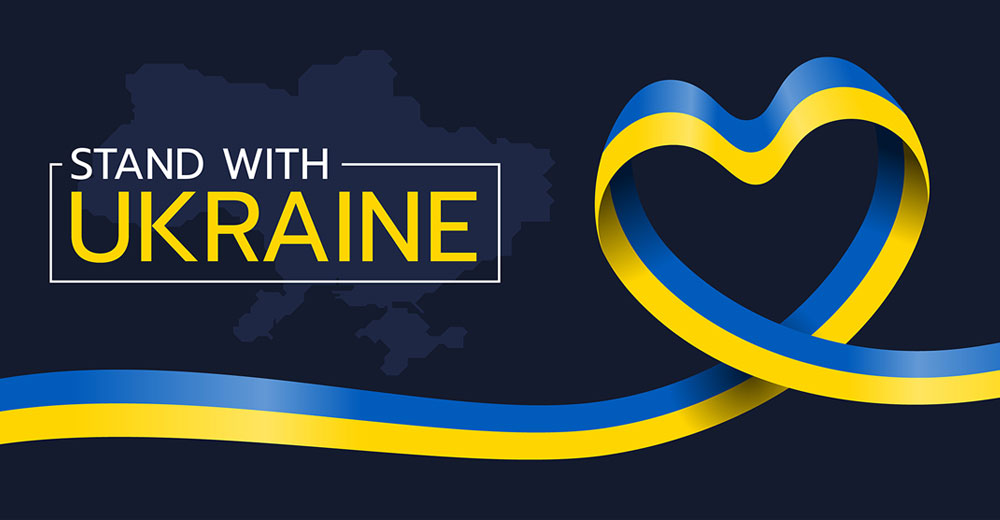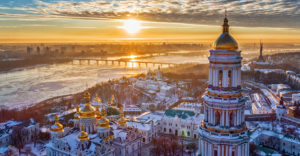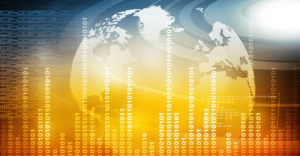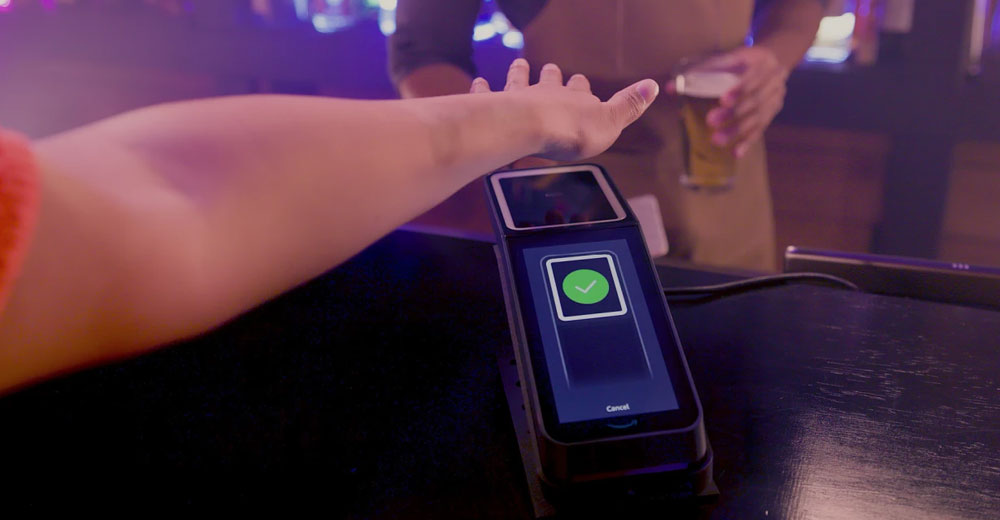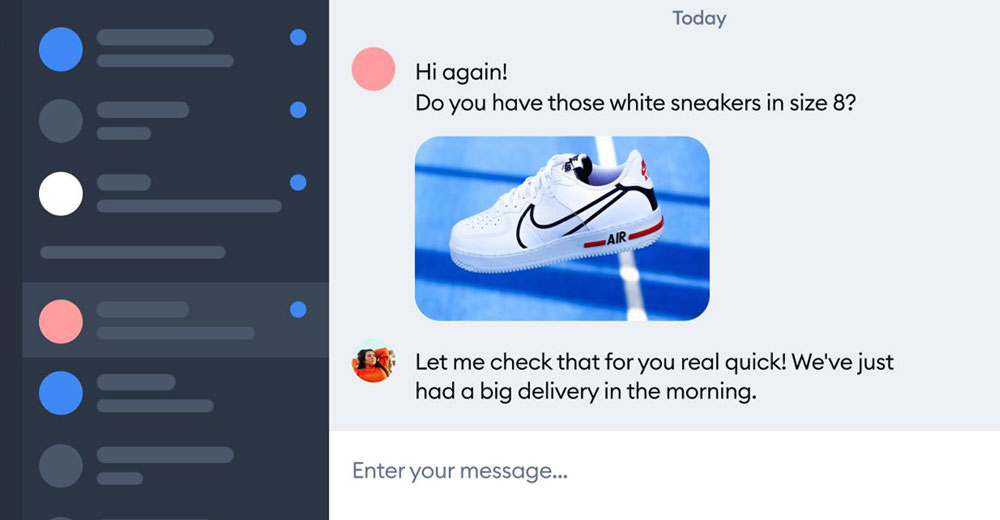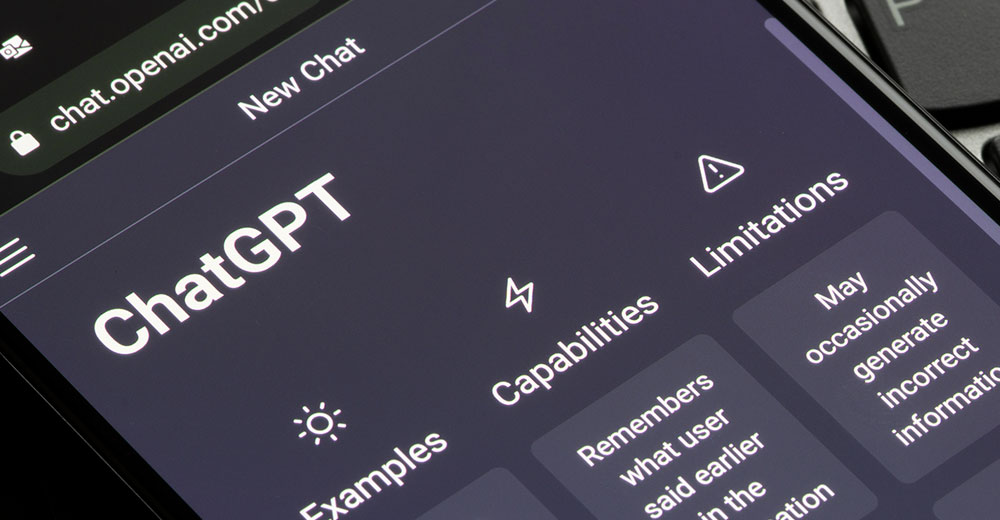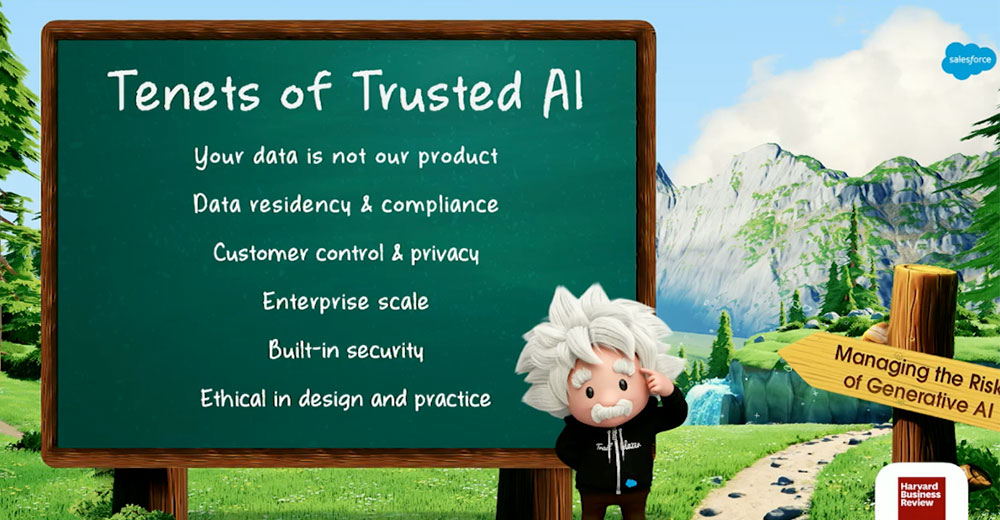One of the largest IT companies in Ukraine has been waging its own informational defense against Russian propaganda since the start of the incursion.
When the Russian invasion began, digital marketing firm Netpeak, made a redirectional web page on its website for Russian users. That site reflected insights regarding Russian propaganda and evidence of war crimes by Russian forces, according to Artem Borodatyuk, founder and CEO of Netpeak Group.
“After that, we faced at least two DDoS attacks. Due to constant monitoring and quick response, we handled those attacks without any negative impact on the company’s infrastructure, Borodatyuk told TechNewsWorld.
Netpeak is now officially blocked by Roskomnadzor, the Russian federal service for supervision of communications, information technology, and mass media.
From the first days of the war, Netpeak company officials in Ukraine and its U.S. headquarters in New York helped to evacuate employees and their families from Kyiv, Kharkiv, and other cities that were under active shelling.
“Now we continue to monitor the situation and are ready to assist with the evacuation to those who would need it,” said Borodatyuk.
“We regularly collect and present information about volunteer centers abroad, apartments for rent in Ukraine and abroad, and also created chat rooms where our employees located in the same area can help each other.”
Fighting on Two Fronts
Before the war, Netpeak developed SaaS services in a digital marketing segment, promoted businesses, made mobile apps, organized events, and invested a lot in social projects. When the Russian invasion began, the company had 900 employees and 5,000 clients.
Netpeak Group consists of 14 companies, according to the company’s PR Manager Natalya Popova. They continue to operate despite the war to support Ukraine’s economy, she said. The company also contributes to Ukraine’s informational defense against Russian propaganda together with other IT companies founded and based in Ukraine.
“We host daily group e-meetings with a certified psychologist, where employees may share their concerns and feelings. There are also regular meetings with executive-level managers,” said Borodatyuk.
They share news both about the company’s activities and exclusive information about the situation in Ukraine which is obtained firsthand from authorized sources, he added.
Backlash Against Russian Propaganda
From the first day of the war it became clear that Russian citizens did not know what was really happening. Fooled by local media, they considered the deadly war as a “special operation,” Borodatyuk noted; adding that they do not understand the consequences of this war; not only for Ukraine, but also for the Russian Federation itself and the entire world.
“Furthermore, they strongly believe that Russian troops are saving Ukrainians from Nazis when the real situation is quite opposite,” he said. “Russia is an invader in fact, manipulating the minds of its citizens. Just like in George Orwell’s 1984: War is peace. Freedom is slavery. Ignorance is strength.”
That is why Netpeak decided to use all available digital tools to show regular Russians, (e.g., entrepreneurs, teachers, scientists, students, and parents) the truth about the war, Borodatyuk offered.
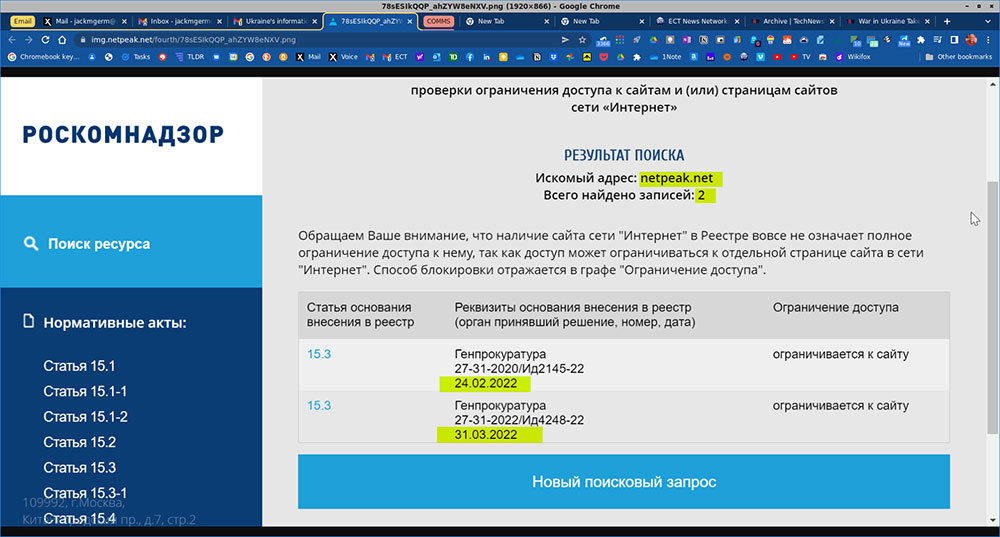
Netpeak officials sometimes joke about being proud to be blocklisted by the decision of the Russian General Prosecutor’s Office, quipped founder and CEO Artem Borodatyuk.
The Ministry of Digital Transformation and Cyber Police of Ukraine supported Netpeak Group’s public awareness efforts of backlash against Russian propaganda strategically and tactically from day one of the invasion.
The ministry provided Starlink equipment so Netpeak can continue to operate despite cable connection issues.
“Vice Prime Minister of Ukraine and Minister of Digital Transformation Mykhaylo Fedorov gets enough stations to ensure the work of our temporarily relocated employees — even in those regions where we have not ever had offices. For example, in the cities of western Ukraine,” said the CEO.
Caring for Its Own
Netpeak Group has a well-built structure, with nearly 20 percent of the company engaged in countering Russian aggression. Now the group is working in several directions, according to Borodatyuk.
Netpeak made advance payments to its employees early at the start of the war and continues to pay salaries in advance. Since the group’s activities have focused mostly on the Ukrainian market, it is rebuilding its business processes to go abroad.
More than 40 employees have switched their positions to accelerate this expansion to the new markets. The group still keeps jobs in companies focused on the Ukrainian market that have a significant revenue reduction.
“We are trying to hold our position on the domestic market and aiming to enter new markets to survive ourselves and support the Ukrainian economy. To achieve this goal, it is important to continue to take care of the team. Safe and decent working conditions must be upheld to maintain competence,” said Borodatyuk.
Plans in Motion
One of Netpeak’s primary missions is to stop the use of Russian-made software in government and business circles. By paying for Russian software products, companies sponsor Russian aggression toward Ukraine.
“Not directly, of course, but Russia uses the taxes from this income to finance the war. So, we insist on stopping the Russian economy and supporting the Ukrainian economy instead, said Borodatyuk.
Cities are being destroyed under massive shootings, causing victims among the civilians. As of April 4, 161 children had died as a result of Russian attackes, cited NetPeak’s CEO.
The company made a list of services of Russian origin and provided alternatives for those that continue operations in Russia, receive payment from Russian clients, and pay for Russian offices, salaries, and taxes.
Borodatyuk said it is easy to transfer from Russian software products to alternatives that are 100 percent Ukrainian. He shared a list of providers which he affirmed is checked and verified for use.
Another significant avenue is supporting humanitarian aid efforts. Netpeak develops its own projects to provide more humanitarian aid to Ukrainians. For example, its team forms medical kits for the local military territorial defense and supplies food and clothing to a maternity hospital in Odesa. People interested in helping Ukrainians who suffer from the war with Russia can visit Netpeak Foundation.
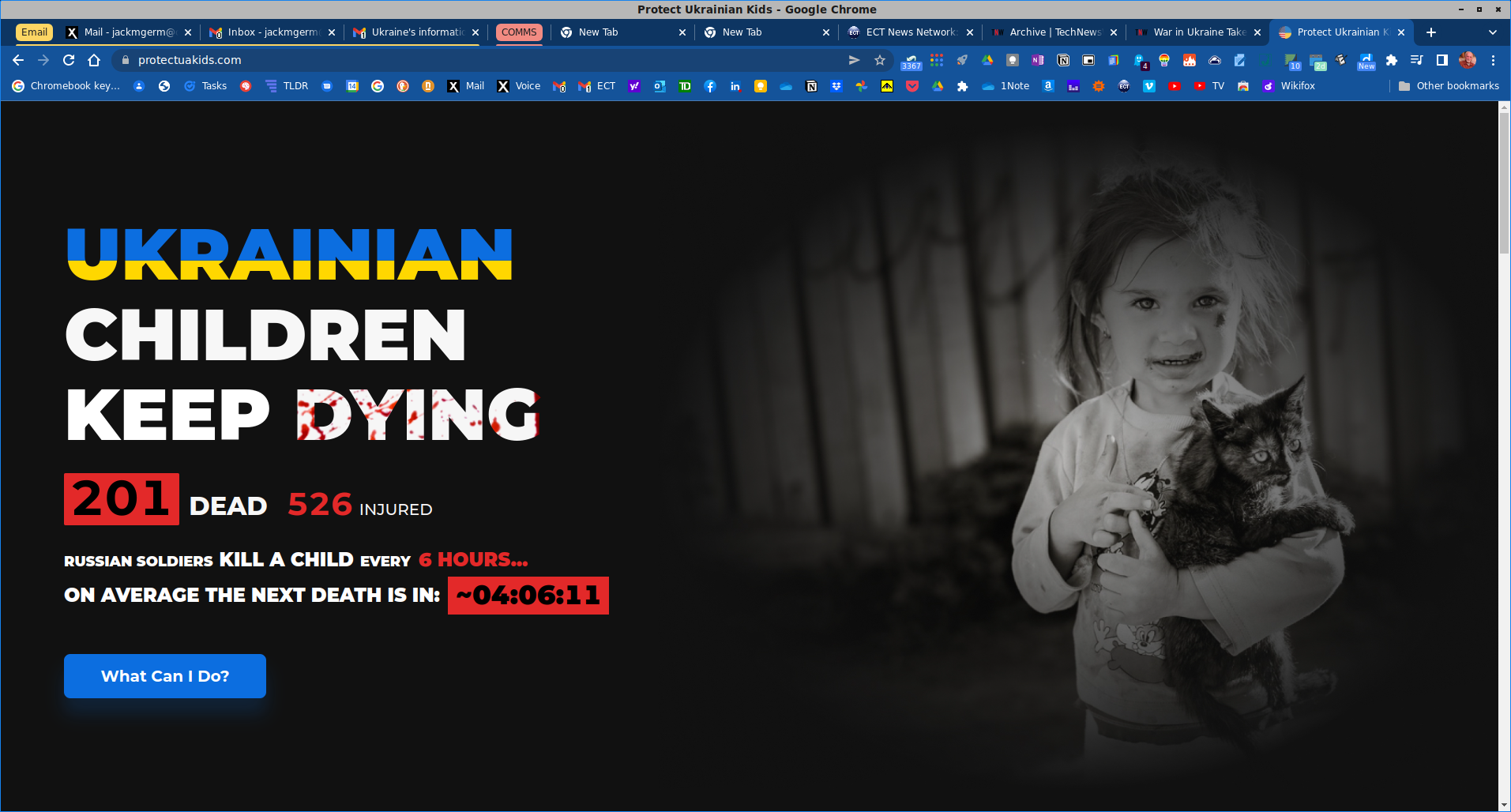
Protect Ukrainian Kids prompts Americans to send a letter to their elected officials to urge support of Ukraine in its struggle against the Russian invasion. Ukraine’s Ministry of Digital Transformation, together with The Kyiv School of Economics and Ukrainian IT companies have established Truth Fund to fight disinformation about the war. The aim is to disseminate accurate information about Russia’s aggression against Ukraine.
Media Countermeasures
Netpeak’s social media ads from Feb. 27 to Mar. 3 received more than 93 million impressions in Russia and Belarus. As of the end of March, the total number hit almost 600 million views, according to Borodatyuk.
Some ads urge Russian mothers not to let their sons fight in Ukraine, highlighting the horrible consequences of the Russian army’s actions there. The ads tell the truth about the war that caused only destruction, not salvation, as preached in the Russian media.
“We use paid promotion tools on Facebook and Instagram, video ads on YouTube, banner images for Google partner sites and Yandex Direct, and also cover major Russian social networks VK and Ok.ru,” the CEO said, noting that one of the most popular videos on Netpeak’s YouTube channel has 3.4 million views.
In European countries, Netpeak’s promotional campaigns contain information about what is happening in Ukraine to reveal the crimes committed by Russian troops. The number of people reached from March 5 to March 31 is 40.5 million, said Borodatyuk.
A separate company team is spreading the information about the war on Russian social network VKontakte and the video platform Rutube.
Some 60 percent of team members are from Netpeak Group, while 40 percent are volunteers. By March 31, they contacted more than 10,000 Russian citizens through private messages and comments.
“At the same time, we are influencing Russians via Telegram, one of the most popular social networks in CIS countries. Using our Telegram promotion skills and the educating approach, we are changing the Russian citizens’ minds step by step, dosing them with real information,” Borodatyuk added.
Another team of 100 members monitors negative comments regarding the war in Ukraine in English-speaking social medias, he noted. Negative posts get replies with truthful information from reliable sources. To date, the team posted over 2,000 comments.
“We also address to brand influencers of the companies that have continued to work in Russia thus sponsoring military aggression. The team worked with 15 companies including Nestle, Danone, L’Oréal, etc.,” he said.

